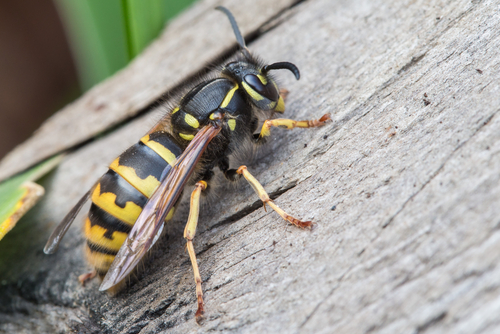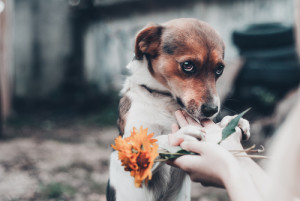BBQ season, picnics and general enjoyment of the warmer weather will see many families, home-owners and just about anyone with access to a garden; spending a lot more time outdoors. Even those who aren’t fortunate enough to have a garden can get their fix at local parks!
Whilst we are all prepared for the mosquitoes, flies and insects that are around at this time of year, there is one prolific offender that is feared by all: the wasp.
The presence of these angry little guys in their yellow jackets is enough to strike fear into the hearts of even the most cool-headed people – such is their aggressive nature.
However, if you have spotted more wasps than usual, then there is every possibility that there may be a nest in your garden or somewhere close by. If you suspect a nest, you may need to call Empire for your pest control needs in London and the surrounding areas.
Knowing how to deal with wasps, and bees (who, in comparison, are perfectly friendly) is always helpful, too.
Top Tips for Handing Wasps
There are many species of wasp, but only a handful that are found in the UK. However, due to their aggressive nature and tendency to sting, knowing how to act and behave upon sighting a wasp is important for your own benefit.
- Many people get scared, run around and try to swot the pest away, but this just makes them even angrier and more likely to sting. Remain calm, leave the area quietly and get away from the item that is attracting the wasp
- Wasps are most attracted to sweet, sugary things like fruit, fizzy drinks, wine and chocolate – so keep your food and drink covered and clean up as you go
- Wasps are attracted to white and yellow, so wear a hat if you have distinctive blonde hair and wear colourful clothing – especially red, if you want to keep the wasps away
- The fragrances found in perfume, deodorant and hair products can attract wasps, so keep the scents to a minimum this summer
- You can try to repel wasps with eucalyptus oil and mint leaves
- Alternatively, you can fashion a fake wasps nest out of a brown paper bag; wasps are territorial and will avoid areas where they believe another colony lives
- Another option is to invest in insect repellent and hope for the best!
Should You Get Bitten…
Wasps are angry and will sting you if provoked – and often, if left alone, too. If you are stung by a wasp, you will be swollen and sore for a few days. You can relieve these symptoms with antihistamines and anti-itch creams.
Unlike bees, wasps can sting many times so be wary of a wasp that is particularly angry!
Know the Difference
Bees (honey bees) are a very valuable part of the eco-system, helping to pollinate flowers and food crops, which are an essential part of life. It is believed that a third of all crops are reliant on bees to pollinate, so it is important to be aware of the difference between wasps and bees.
Unlike wasps, bees are friendly natured and won’t sting unless provoked. If you are stung by a honey bee, it will die afterwards, so it is in your interest and theirs to avoid a sting! Ensure the stinger and venom sac are removed as soon as possible.
If you believe you have a nest in your garden or close by your home, it is important to contact expert pest controllers – no matter where you are in London or the South East. Our team of technicians can assess the suspected area whether it is a nest of bees or wasps, and take action accordingly to ensure the safety of you and your family.
For more information or to book a consultation, please contact us on 0800 633 5220.






